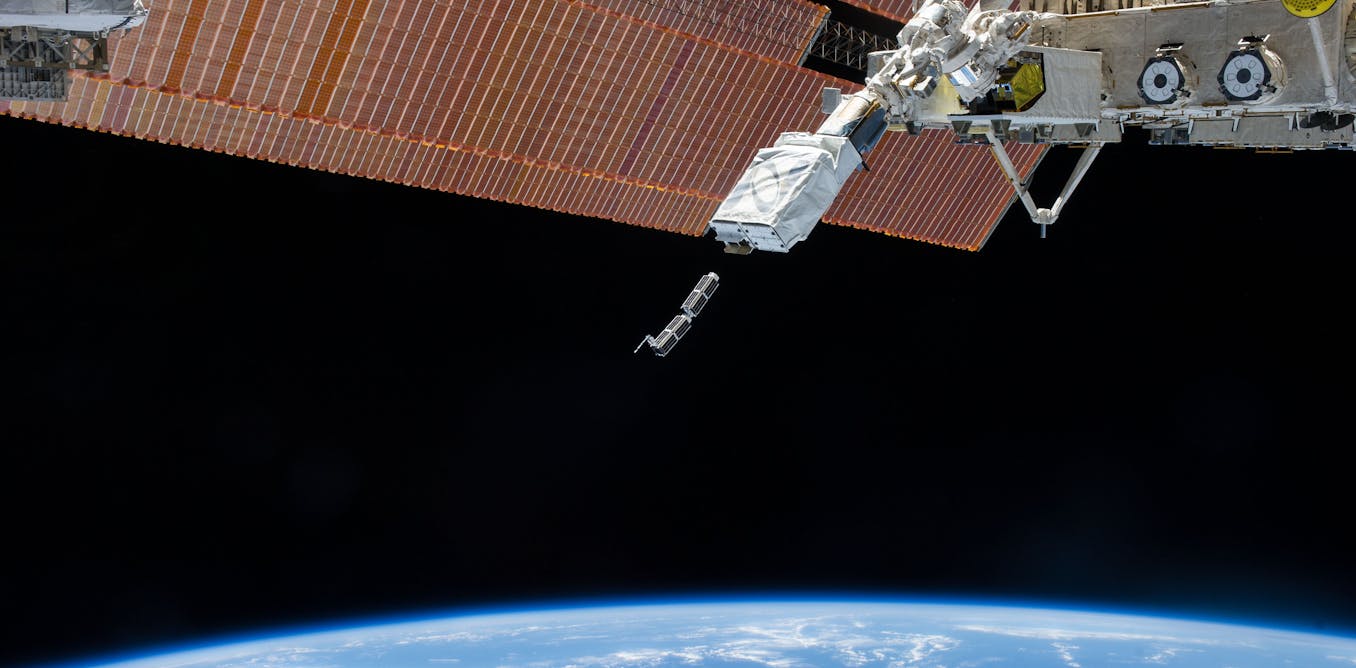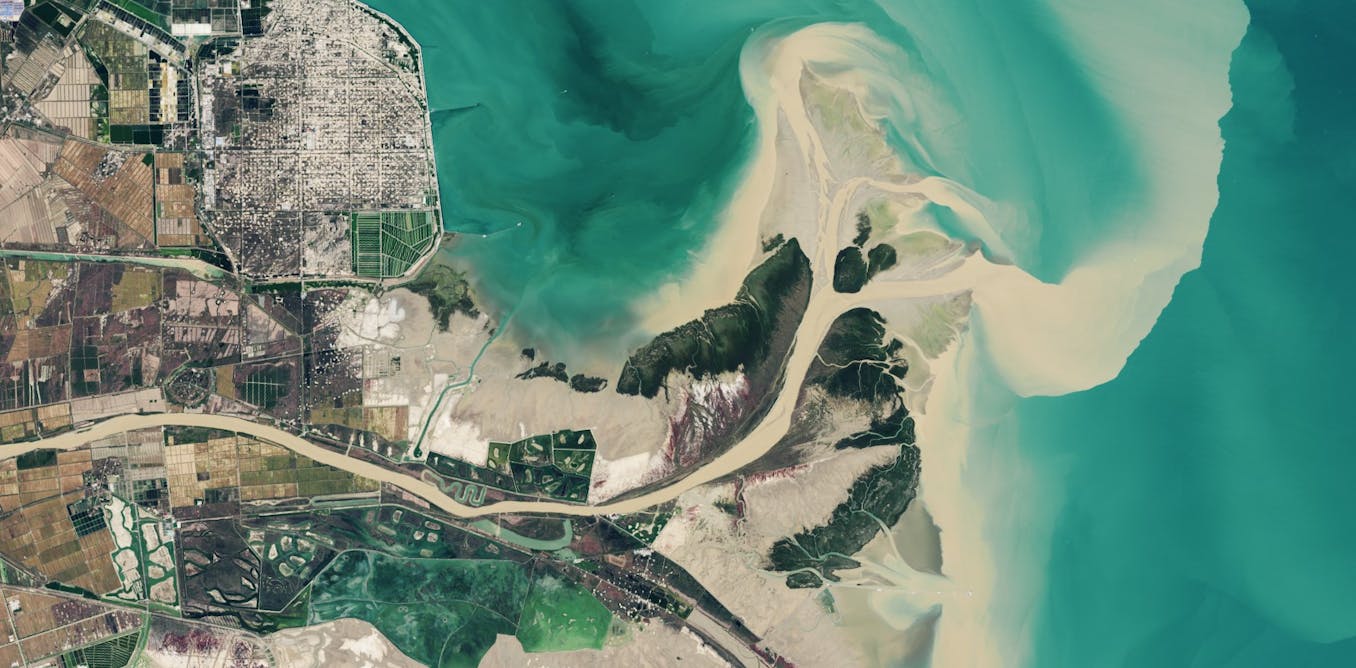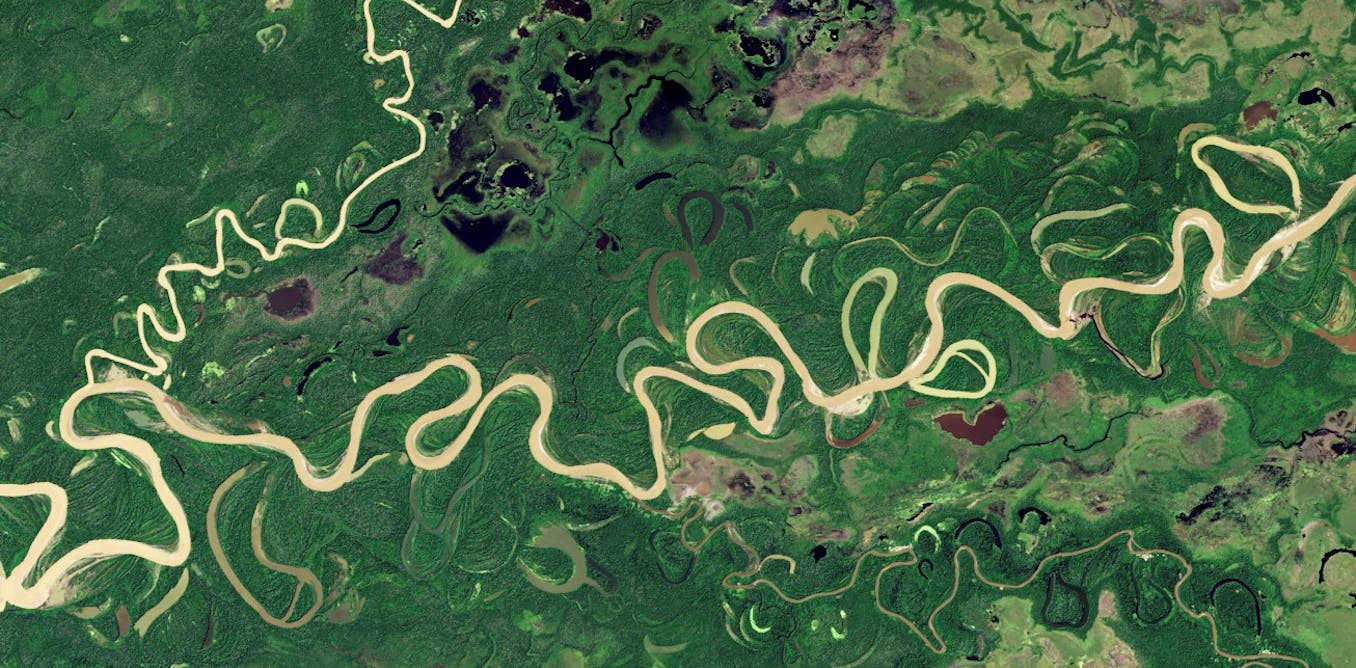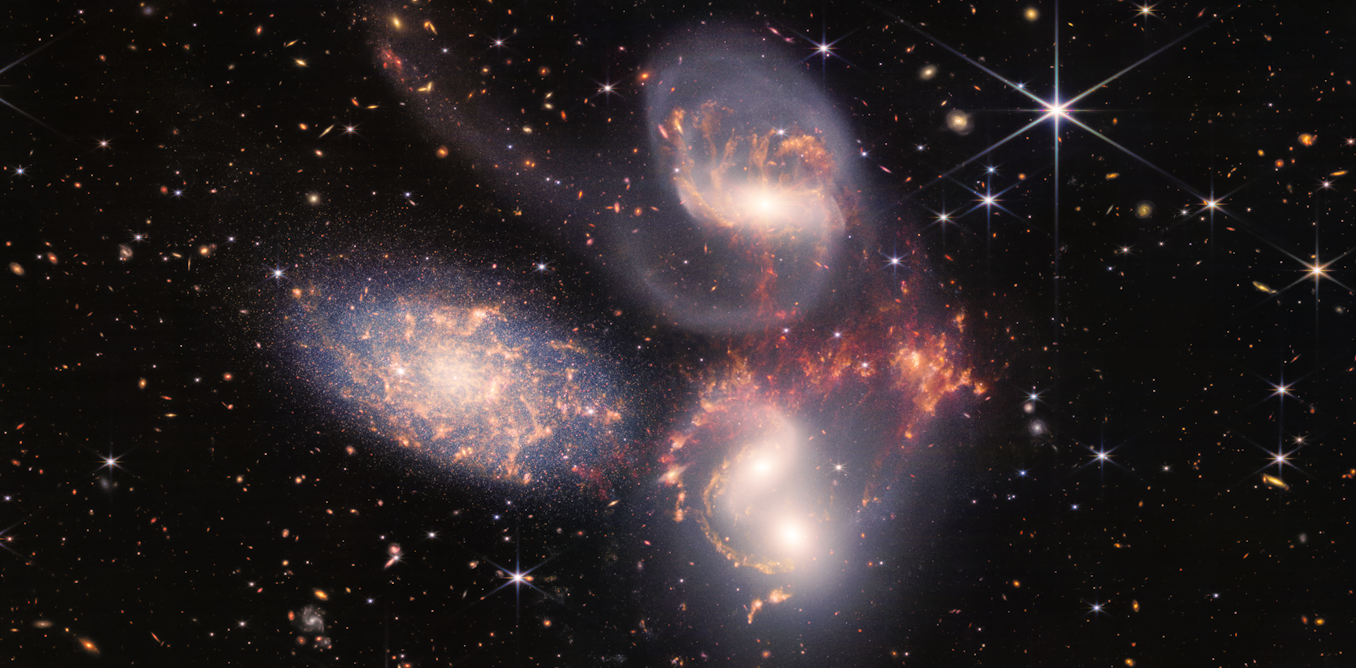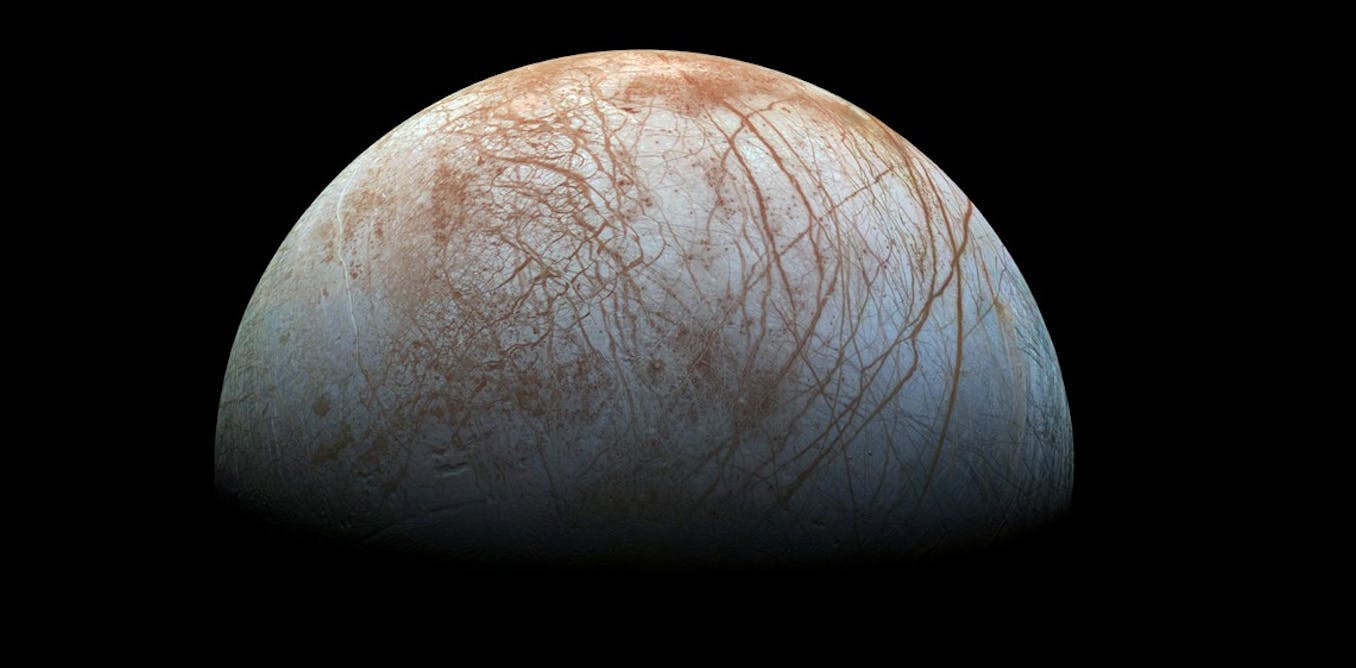NASA's Artemis 1 mission to the Moon sets the stage for routine space exploration beyond Earth's orbit – here's what to expect and why it's important
When the Orion Crew Capsule orbits the Moon there will be no one on board. But the mission will mark a key step in bringing humans back to Earth’s dusty sidekick.
Aug. 26, 2022 • ~8 min



